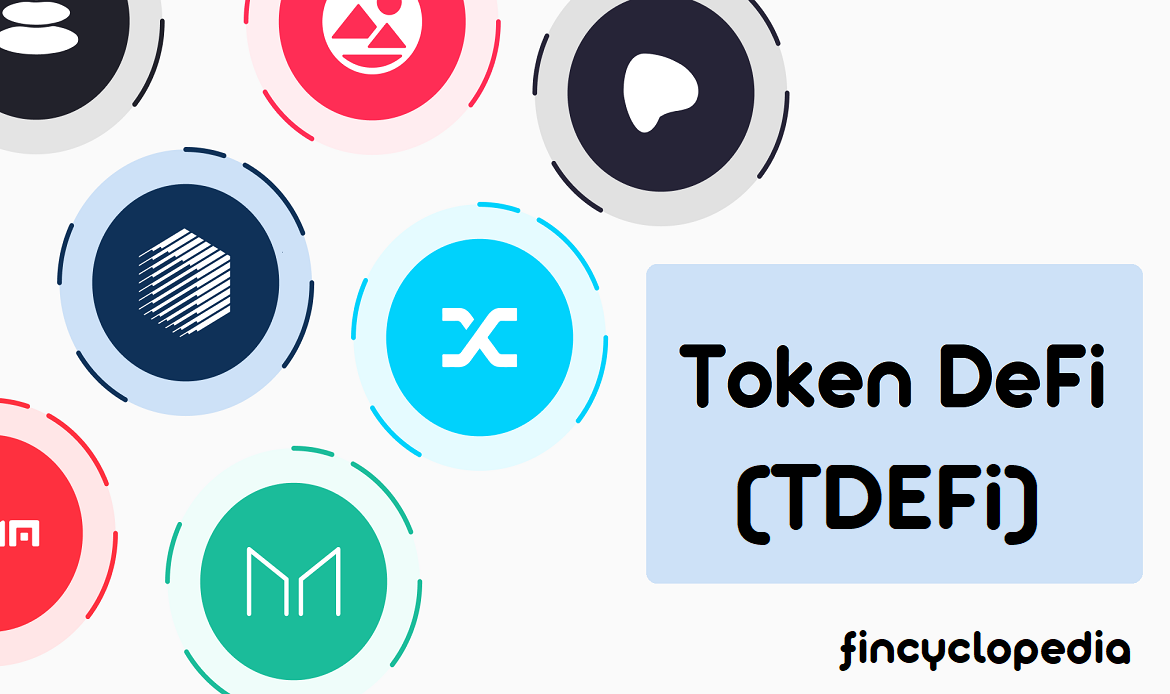Value is what a product (or broadly an asset) or service is perceived to be worth in terms of benefits to a user or potential user. Value is a concept, and is used to define a range of possible measurements from a party’s perspective (e.g., a firm-specific value) or that of the broader market (e.g., market value), and broadly it is not quoted or officially established for a market’s reference. Value has to do more with specific requirements of a specific user or group of users.
Price is the consideration (total consideration) paid by a buyer to a seller in exchange for a good or service, under specific market conditions, and as established by the general forces of supply and demand in a marketplace. In normal situations, price constitutes the cost of producing a good or service, in addition to a mark-up (profit) that is usually commensurate to a seller’s efforts and management input, etc. Price is the monetary amount paid or transferred from one market participant to another in return for an asset (typically, an economic resource) with certain features and characteristics and expected set of benefits/ uses.
Price is defined by the market in clear terms: quoted reference point, while value remains harder to measure, as it is based on how useful something is perceived to be from the perspective of one market participant or more.
In short, the key distinguishing differences between value and price are as follows:
- Price is a cost (that could be associated with an adjustment: mark-up, mark-down), while value is a concept.
- Value is a range, while price is an established aggregate.
- Price is quoted, while value is unquoted.
- Price is derived through general market forces (auction-based), while value is reached by means of bilateral negotiation.
- Price changes frequently, while value changes over a period of time.
- Price is a collective perception, while value is a specific perception.
- Price is set based on logical underpinnings, while value is generally emotional or psychological.







